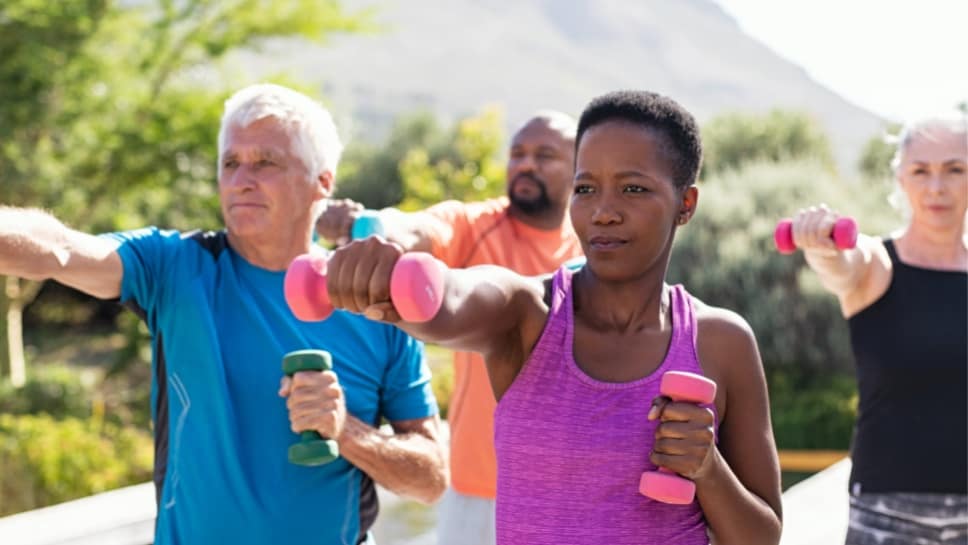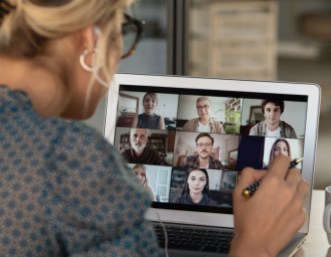Reduce your exposure to toxins in everyday life
This Environment Toolkit supports the information and guidance you receive in the Environment Module of the Anticancer Lifestyle Program. The module and the resources included on this page will give you tools you can use to make informed and wise purchasing decisions, in order to reduce your exposure to toxins common to daily living.
Plastics to avoid
This article in the New York Times describes some plastics to avoid, due to chemical leaching. “The two most concerning types of chemicals in plastics are phthalates and bisphenols, Dr.
Expert Q&A 2/1/2022: Deborah deMoulpied, Green Living Expert
Is Tupperware safe to store food in the refrigerator? What is the safest way to wrap leftovers? What is the best recipe for a homemade disinfectant cleaner? Are hand sanitizers bad for the skin? What …
The Non-Toxic Home: A Room-by-Room Guide
Most of us think that if a product is allowed on the market it must be safe. Unfortunately, due to lack of effective regulation, many products in our homes contain harmful chemicals.
Microplastics damage human cells
Microplastics cause damage to human cells in the laboratory at the levels known to be eaten by people via their food, a study has found.
Summary of where to find endocrine disrupting chemicals (EDCs) in the home
Zero Breast Cancer, a non-profit, has created an easy-to-use summary of places in the home where we are commonly exposed to endocrine disrupting chemicals. See the website here.
DEHP, a phthalate found in everyday plastics, found to inhibit tamoxifen and some chemotherapy agents
A study published in Biomedicine & Pharmacotherapy found that DEHP, a common phthalate found in everyday household items, affects drug resistance by an unknown mechanism of action.
Join us in growing and sustaining the Anticancer Lifestyle Program
-
Learn about our mission, how the Anticancer Lifestyle Program works, and how our evidence-based curriculum helps cancer survivors, and those interested in prevention, become more active participants in their own health.Our Mission
-
The Anticancer Lifestyle Program empowers those who seek to gain control over their own health, by giving them the tools and information they need to live a healthy lifestyle. But don’t just take our word for it! See what our program participants have to say.Our Participants
-
To create our content, the ACLP draws on subject matter experts in the areas of diet, fitness, mindset, and personal environment. A Board of Directors and Advisory Board provide guidance and support.Our Board
-
Interested in learning more about lifestyle changes that can reduce your risk of cancer, cancer recurrence, and chronic illness? We make it easy for you to learn your way.Get Started
Ready to Take Charge of Your Health?
Sign up to receive recipes, event notices, news and useful tips about Anticancer living.





